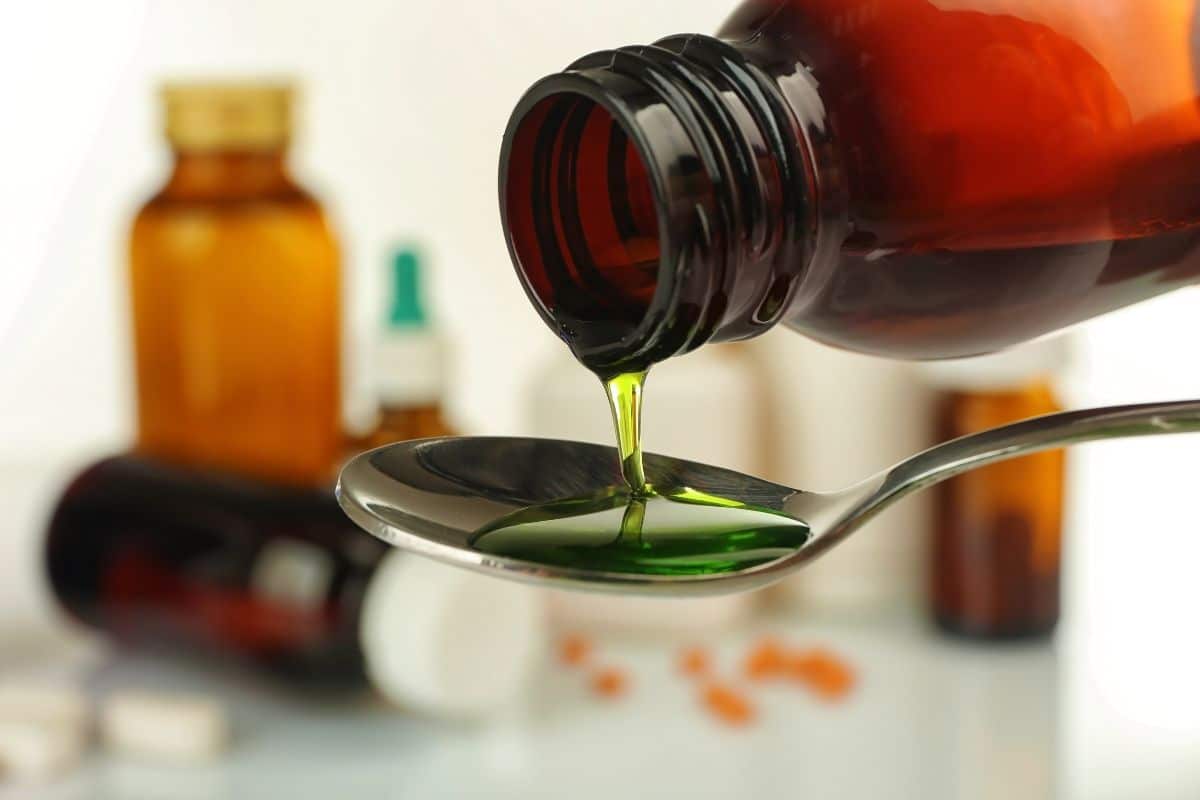The World Health Organisation (WHO) on Monday flagged a batch of contaminated common cold syrup it found in Iraq that was manufactured by an Indian company, in yet another instance of India-made cough and cold syrups hogging the limelight for the wrong reasons.
The United Nations agency in its medical products alert said the batch of the syrup, branded Cold Out, had higher than acceptable limits of contaminants diethylene glycol and ethylene glycol, Reuters reported.
The batch was manufactured by Fourrts (India) Laboratories Pvt. Ltd for Dabilife Pharma Pvt. Ltd, WHO said.
Reuters said the companies did not immediately respond to its requests for comments outside of business hours.
The WHO said the toxic effects of the flagged India-made cold syrup can include abdominal pain, vomiting, diarrhea, inability to pass urine, headache, altered mental state, and acute kidney injury, which may lead to death.
The global health body has advised regulatory authorities and the public to not use the flagged batch of the product.
The global alert refers to one batch of substandard (contaminated) Cold Out syrup (paracetamol and chlorpheniramine maleate), which the WHO says was reported to it on July 10, 2023, by a third party.
Fourrts is a Chennai-based pharmaceutical company, while Dabilife Pharma is headquartered in Mumbai.
Paracetamol and chlorpheniramine combination, contained in the said syrups, are used to treat and relieve symptoms of the common cold and allergy.
WHO highlights unsafe syrup contamination levels
In its inquiry, the WHO said a sample of the syrup was obtained from one location in Iraq and submitted for laboratory analysis. The sample was found to contain “unacceptable amounts” of diethylene glycol (0.25 percent) and ethylene glycol (2.1 percent) as contaminants.
The acceptable safety limit for both ethylene glycol and diethylene glycol is no more than 0.10 percent.
The WHO has clarified that while the latest alert only relates to one batch of the product, out of an abundance of caution, it recommends increased vigilance and testing in respect of the product in general.
The Chennai-based company and the marketer have so far not provided guarantees to the WHO on the safety and quality of the product, says the US-based global health organisation.
“The product referenced in this Alert may have marketing authorisations in other countries or regions. It may also have been distributed, through informal markets, to other countries,” the world body said.






